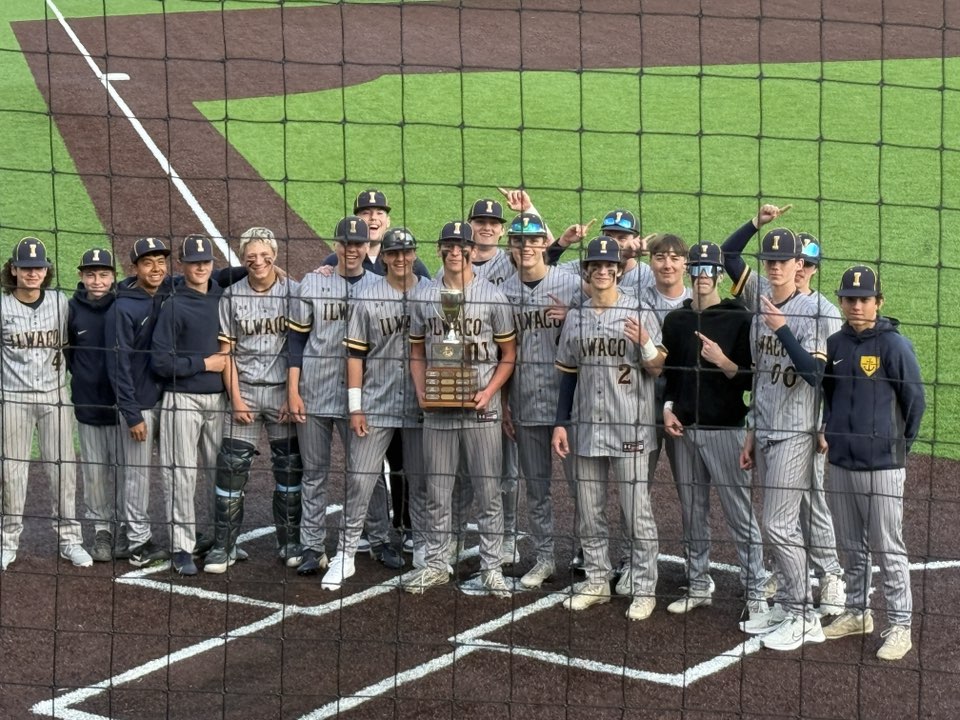Guest Column: New WA hotline will help track, combat hate crimes
Published 9:00 am Monday, July 22, 2024
Washington has a well-deserved reputation for natural beauty, a vibrant economy, and a rich and diverse cultural tapestry. Unfortunately, a surge in hate crimes is marring the many charms of the Evergreen State. Washington saw 590 hate crime reports in 2022, according to the FBI’s annual report, an unacceptable number that is hovering near the all-time high reached the year before.
Washington consistently ranks as a state with one of the highest per capita rates of hate crimes in the U.S., just behind Texas. In fact, the true number is likely far higher since hate crimes are notoriously under-reported and incidents not considered to be crimes go uncounted.
Indeed, Washington consistently ranks as a state with one of the highest per capita rates of hate crimes in the U.S., just behind Texas. In fact, the true number is likely far higher since hate crimes are notoriously under-reported and incidents not considered to be crimes go uncounted. Distrust of law enforcement, cultural and language barriers, and shame or embarrassment all lead to further under-reporting.
The Washington State Attorney General’s Office is now working to hire staff and implement the hotline, including gathering community input and developing an outreach plan.
These incidents affect many of our neighbors, colleagues and friends, including Black, Latino, Jewish, LGBTQ+, and Asian American and Pacific Islanders, just to name a few impacted groups. Hate crimes are unique: They are meant to send ripples of fear across communities. Comprehensive tracking is crucial to developing a deeper understanding of the problem, crafting strategies to combat it, and ultimately making our communities safer.
The good news is that during this year’s legislative session, with a push from a diverse coalition, state lawmakers passed Senate Bill 5427, which Gov. Jay Inslee signed into law, establishing a statewide bias response hotline for Washingtonians to report hate. Such hotlines are a proven and cost-effective solution for providing crucial, timely support to those impacted by these incidents. A report by Stanford Law School and the Brennan Center for Justice found that social services like hotlines can act as a bulwark against hate crimes. They can also generate more trust between members of historically marginalized communities and state social services, improve data tracking and bridge understanding.
Oregon, for example, established a bias response hotline in 2020 to counter its own rising problem with hate. That inaugural year saw an average of 140 reports a month, mostly bias incidents that would not qualify as crimes and therefore would have gone untracked. The Oregon Department of Justice reported in April that the hotline has seen a 229% increase in reports since its inception.
Washington’s hotline will be a one-stop shop with victim service providers providing holistic support and access to an array of state and local services. Call-takers will collect information about the incident and some personal information from the caller. If the caller consents, information will be shared with law enforcement. In addition to serving as a resource for members of the public, the hotline will serve as a central hub for data collection to ensure that Washington is tracking hate across the state — data that will inform better policy to prevent and address this insidious behavior.
The Washington State Attorney General’s Office is now working to hire staff and implement the hotline, including gathering community input and developing an outreach plan. Last week, the AG’s office announced that a pilot version of the hotline will roll out in Clark, King and Spokane counties in 2025 before expanding to the entire state by 2027.
We look forward to partnering with the AG’s office and impacted communities to further build on the hotline’s promise. For instance, in the future, the program should also include an emergency aid fund to help victims who may face loss of income or be forced to move as a result of threats or other behavior. As part of Washington’s ongoing efforts to update our hate crime laws and provide more support for the people who are affected, it is our responsibility to continue to evolve and fund this important resource and ensure that our beloved Evergreen State is also a place of safety for all.





